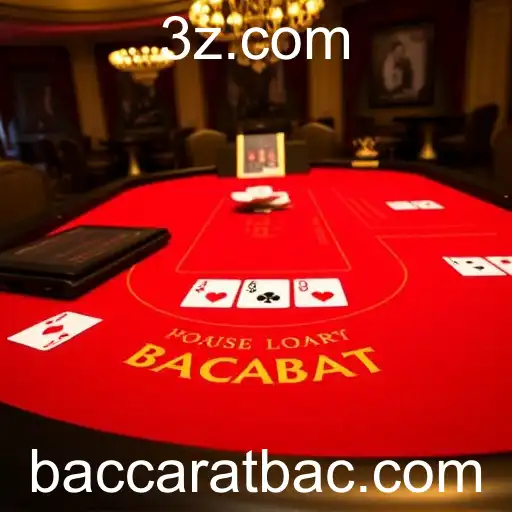
An exploration of baccarat's rise in popularity, its impacts on the casino industry, and how current global trends are shaping its future.
Baccarat, a classic casino card game, has seen a significant evolution in its status within the gaming industry over recent years. Often associated with high rollers and luxury casinos, baccarat's appeal has grown across different demographics, notably propelled by digital expansion and changes in consumer preferences.
In recent years, baccarat has cemented itself as a dominant force in the gaming market. Industry analysts attribute this rise to multiple factors, including the increasing number of online casinos and the game's simplicity combined with its perceived sophistication. The transition to digital platforms has allowed players from various regions to experience baccarat from the comfort of their homes, contributing to a steadier stream of new enthusiasts.
Economically, the growth of baccarat has boosted casino revenues significantly. It has become a staple in both physical and online gaming spaces, particularly in regions like Asia, where cultural affinity and tradition align closely with the game's heritage. Baccarat was historically popular among the elite in China and surrounding countries, but globalization has disseminated this interest more broadly. With round-the-clock live dealer options and seamless digital interfaces, the accessibility of baccarat has never been higher.
In the context of global events, including the recent shifts in tourism and entertainment due to economic and health fluctuations, baccarat's growth showcases resilience. Casinos have adopted technology more aggressively to offer enhanced, immersive experiences that appeal to both new and loyal customers. The game's straightforward rules make it accessible even to novices, while its strategic depth keeps seasoned players engaged.
Moreover, the commentary around baccarat has shifted towards how it fits into the broader scope of entertainment and gaming in an age where online interactivity is paramount. As consumers continue to prioritize digital and hybrid experiences, baccarat's adaptability could serve as a blueprint for other traditional gaming staples seeking relevance in a modern context.
Looking forward, the dynamics of baccarat may intertwine more with other digital trends such as blockchain gaming and virtual reality experiences. These innovations could offer players more personalized and secure gaming environments, further cementing baccarat's position as an enticing entry point into the casino world for the digitally-savvy generation.
As baccarat continues to captivate audiences worldwide, its influence on casino strategies and digital entertainment platforms remains profound. Industry stakeholders are keenly observing how this game, steeped in tradition yet ripe for innovation, will shape the future landscape of gaming and consumer engagement.




